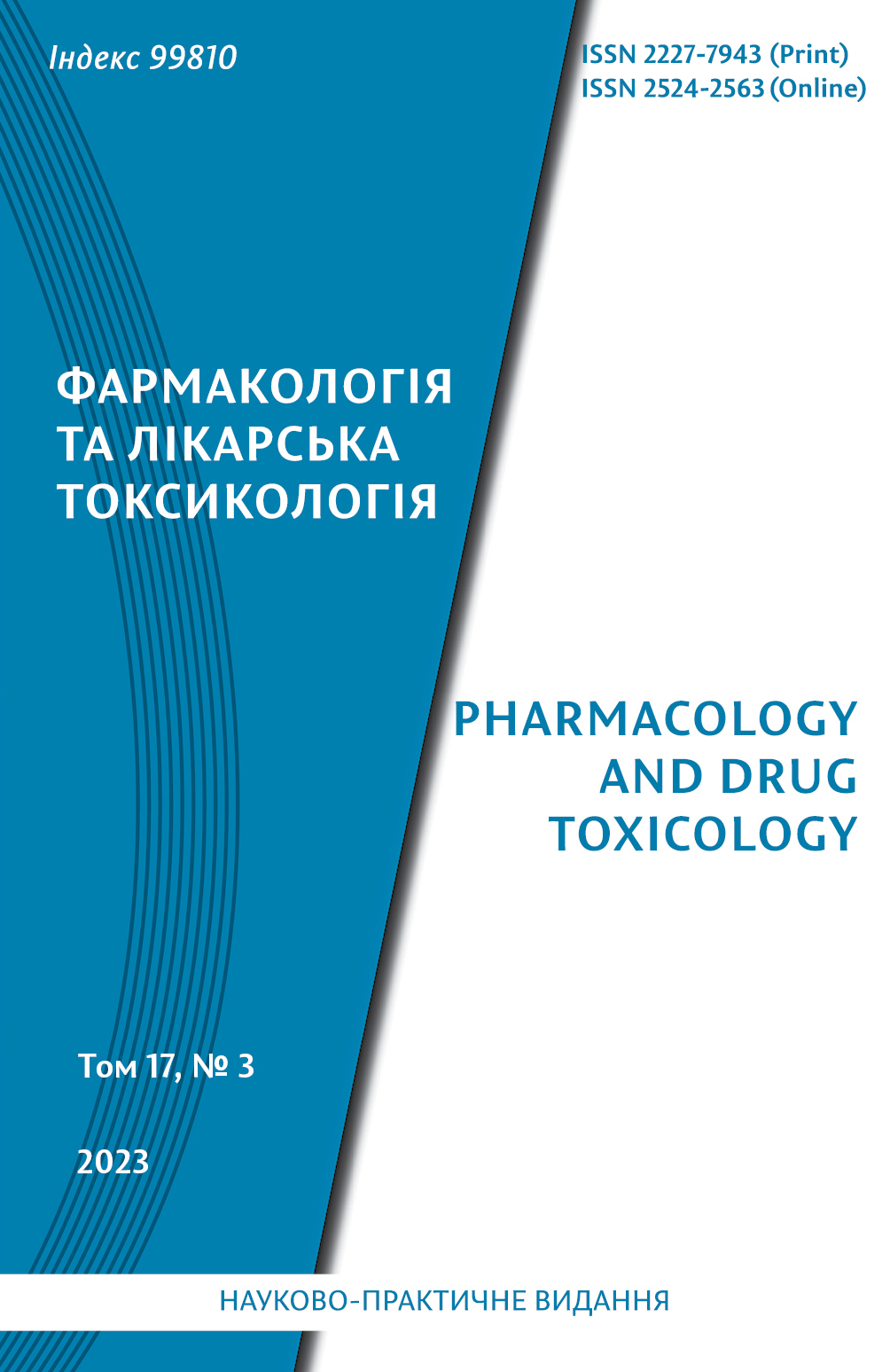Abstract
It is well known that hypoxia is a universal factor in the development of many pathological processes, which in one way or another, leads to a change in the metabolic supply of cells with subsequent disruption of their functions. Directed correction of such pathological changes is important in understanding the rational use of combinations of pharmacological drugs. From the moment of studying the determining role of arginine in the formation of nitric oxide, it is believed that arginine itself is useful and absolutely safe, but its multifaceted effect on the body and cells, especially in conditions of oxygen deficiency has not been fully studied.
The aim of this study was to compare the effectiveness of arginine and the arginine-taurine combination on the contractile activity of the heart muscle of rats under conditions of reduced oxygenation of the environment.
The work was carried out on isolated strips of papillary muscles of rat myocardium. Strips were placed in an experimental chamber and perfused with Tyrode solution. Suprathreshold field stimulation with rec- tangular electric pulses was used to activate the contractions of the papillary muscle strip of the myocardium. The duration of the irritating pulses was 2.5–3.0 ms, the amplitude was 15–20 V. The base frequency of stimulation was 0.33 Hz.
Under conditions of normal oxygenation, the effect of arginine on the amplitude of contractions of the isolated heart muscle and its basal tone was observed in the form of a decrease in the amplitude (force) of phasic contractions, but their effect on the basal tone was practically absent. It has been established that in conditions of oxygen deprivation (hypoxia) there is a noticeable decrease in the amplitude (force) of phase contractions of the heart muscle and a slight change (fluctuation) in the level of basal tone. It was established that the addition of arginine (100 μM) to the perfusate under conditions of hypoxia leads to the development of an extremely undesirable sharp increase in the level of tonic tension (basal tone) of the heart muscle, which in the conditions of the whole organism can provoke a state of cardiac arrest in systole. It is important that this effect was completely eliminated by the combined effect of arginine (100 μM) and taurine (25 μM), which confirms the need for their joint use in clinical practice.
